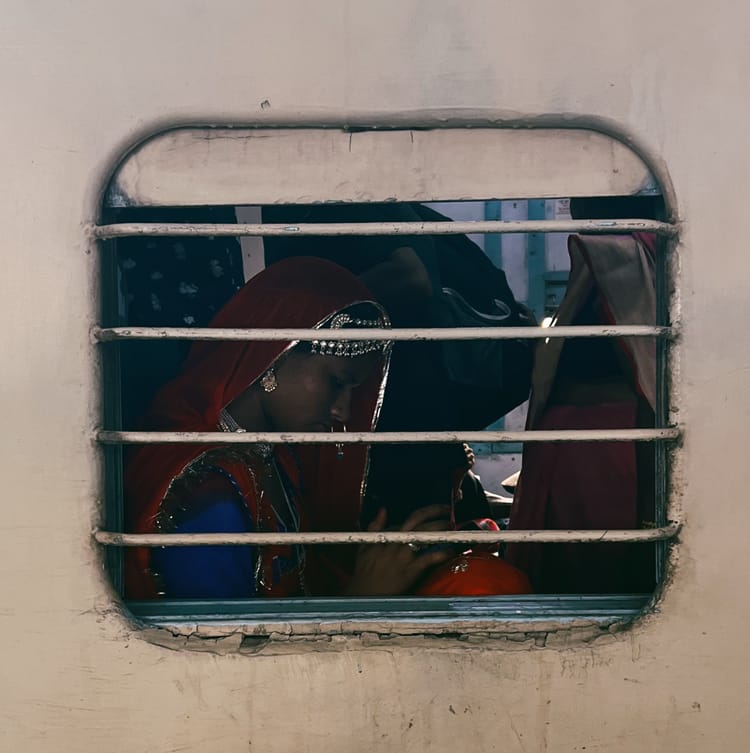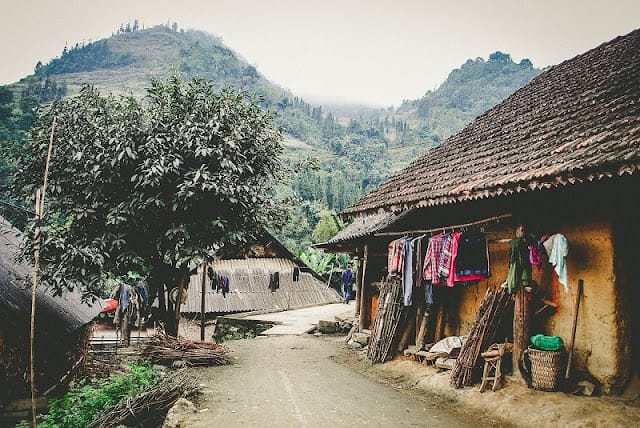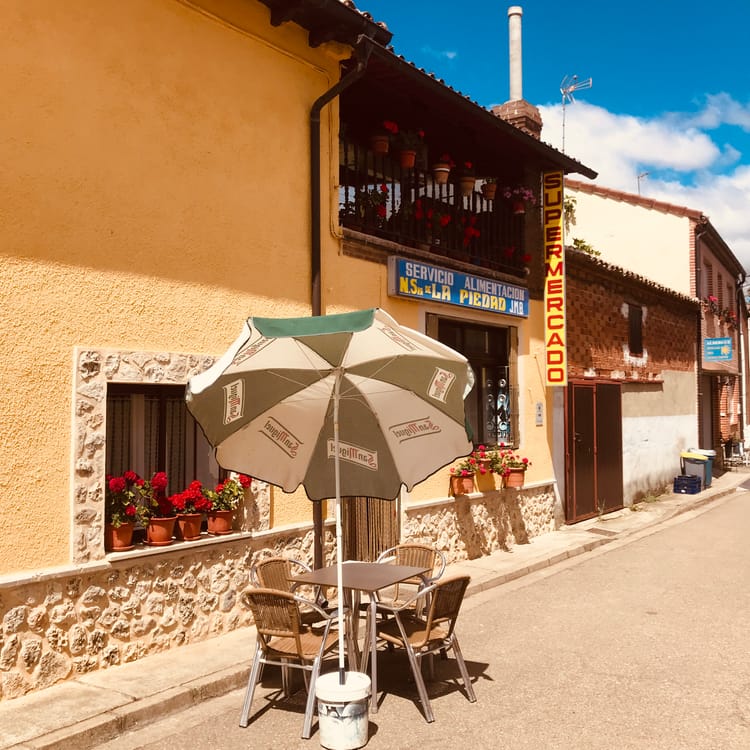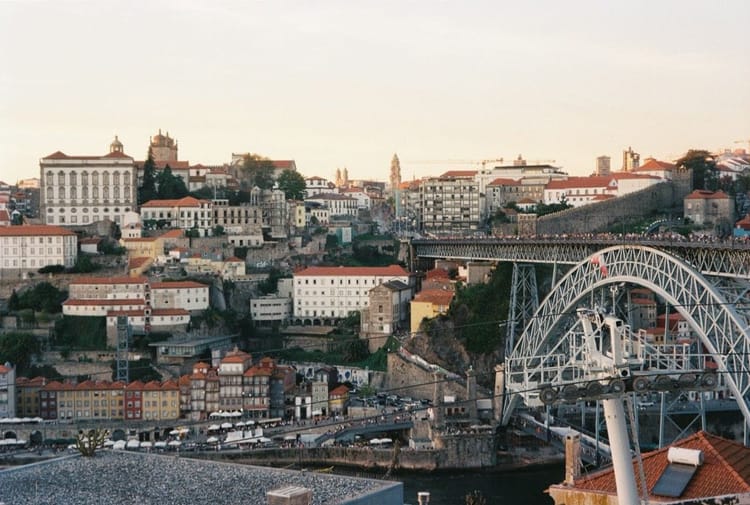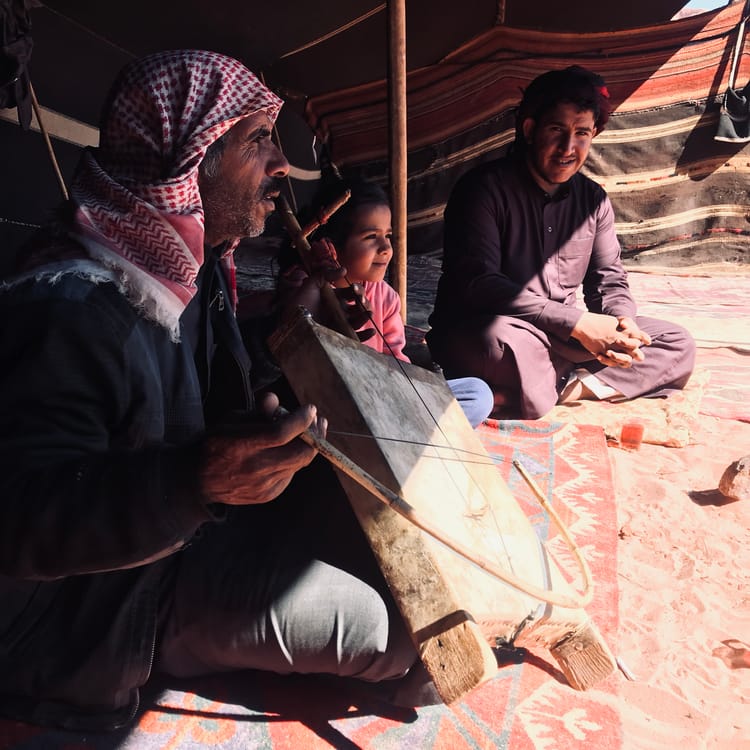Egypt: A Guide
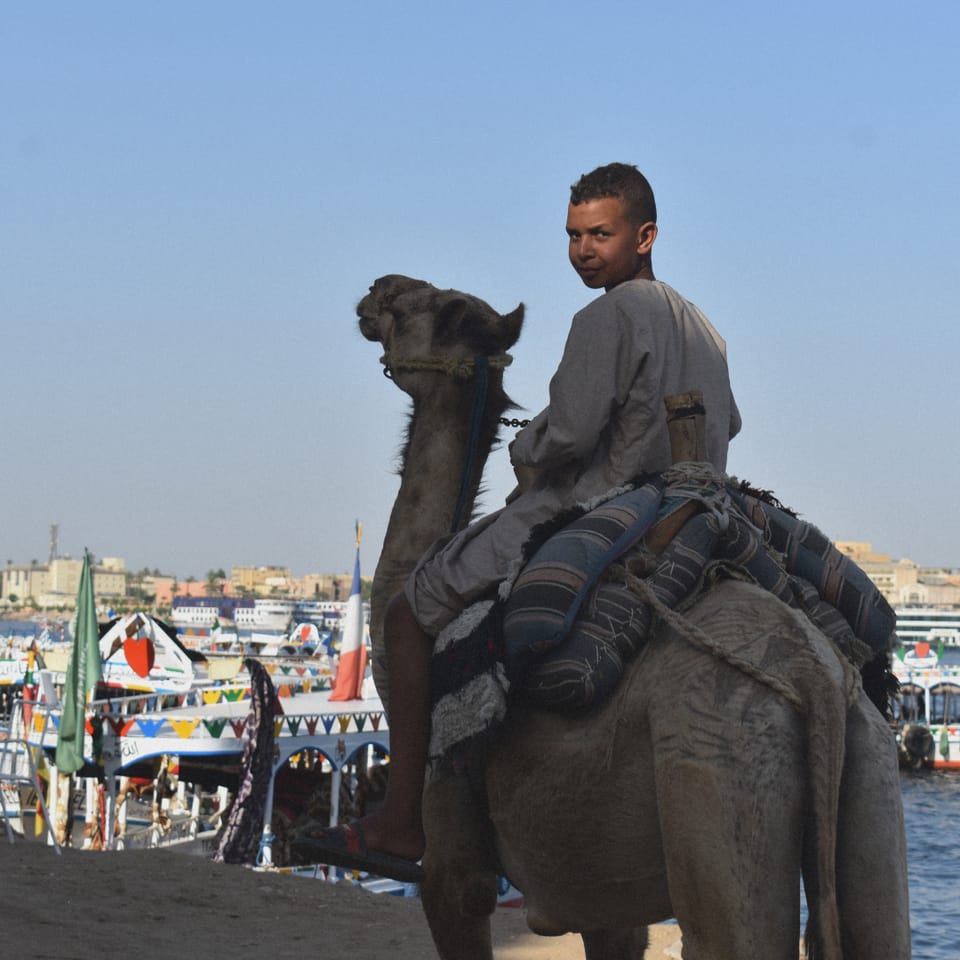
Ah, Egypt.
Often misunderstood, under-appreciated, and glossed over with superficial, half-baked assumptions trivializing its socio-cultural complexities. It's a country I've had the privilege of forming an enduring connection with over the years.
It's a country that forces you to surrender to the archaic pull of the Other. Of the Mystery and the human story.
A country that has boggled the minds of countless travelers, modern Egypt is an often confusing, conflicted nation where aeonic, unfathomable monuments silently watch over frenetic, seemingly degraded, polluted cities.
Yet a true understanding of Egypt as an ancient cultural force and a modern power in The Middle East requires visitors to accept the multifaceted realities of a country that often evades casual definitions.
Egypt makes for a wonderfully reflective solo adventure and also a great place to share with others.
If digested authentically, outside of the hotel chains and tourist beat, it is an endlessly fascinating, enriching land that deserves a deeper exploration than a two-day circuit around the pyramids in cargo shorts and white linen shirts like an extra in a D-grade Howard Carter documentary.
Okay, so that said, here's a straightforward itinerary for a 5-day sojourn through Egypt:
First, fly into Cairo. Avoid the cheaper flights advertising hotel and transport deals. Alexandria is a shithole, and Hurghada is surprisingly further than you imagined and unsafe to travel from at night.
I recommend staying a minimum of two days in Cairo. It's not the most aesthetically pleasing city, but there is a pulse in those streets, and if you are curious enough to find it, Cairo becomes a wonderland of strange encounters in worn-out, smoke-stained coffee shops and side streets.
Ignore your friend's recommendations to see Coptic Cairo (the old Christian Cairo) like the plague. They probably disliked it as much as you will, but their rosey nostalgia has colored their awful afternoon there with a warm hue. Frankly, with two days in Cairo, you'd be pissing in the wind if you spend even a minute there. The most fascinating part of Cairo is its proximity to Giza and the museum of all the objects discovered there and the other sites around Egypt (whatever the English didn't ship back to Bloomsbury).
Your time is far better spent interacting with the locals in downtown Cairo, walking aimlessly, and Your two goals here should be the Egyptian Museum and the Pyramids of Giza.
Following your two days in Cairo, I recommend going straight to Luxor, the Ancient city of Thebes. Find yourself an Airbnb on the Westbank (the quieter, more local side of town) and digging in.
From Cairo, you have two main options there:
A) Take the bus from central Cairo to Luxor. Here's the link to the best website to use to book the bus. The national company is called GoBus. They are comfortable, reliable, clean, and cheap - 10 points for Gryffindor. I would ensure you take the bus from "Tahir," which is in central Cairo next to the Egyptian Museum and the Nile (Curiously, Tahir Square is where the Arab Spring began in 2012). Some of the other departure stops are literally in the middle of nowhere, which in a largely decertified country is alarming.
(B) Fly from Cairo to Luxor. This one's straightforward: just do as usual and find a flight to Luxor airport on Skyscanner.
Cairo
- The order of your Cairo days will depend on your choice of transport options to Luxor. If it's Option (A), then I suggest spending your first day at the pyramids (perhaps you arrive early in the morning, take a taxi straight to the hotel, and then hit the Pyramids). If it is Option (B), then I advise spending the first day in central Cairo and just taking a taxi from the hotel in Giza to the airport on the second day. For the sake of these tips here, I'll base it on Option (A).
- On your first day, You want to block out a solid few hours for the Pyramids. I advise arriving early in the morning, taking a taxi there, and staying at a nice hotel opposite the pyramids. There are many situated within walking distance, and they are very comfortable, with pools, buffet breakfasts, etc. It's not usually my vibe, but it's worth it for a night here. Getting to the Pyramids is a hassle if you stay in the center of Cairo, and being able to walk in and out (provided you keep walking and ignore the hustlers) is much breezier and more enjoyable than other alternatives. It's also a great way to unwind, relax, and read after a day on the Giza plateau.
- These 4-star hotels don't seem as offensive when you're standing next to the Pyramids. It's an elevated slope, so you feel as though you're in an alien world, depending on how busy it is that day. You'll see what I mean. You absolutely must go inside. I encourage you to wander off on your own completely "guideless," irrespective of what any masquerading Samaritan wants to tell you. Unfortunately, they just want to hustle, but in reality, you're remarkably free to walk around (aside from climbing the stones), which is a real gift.
- The following morning, I suggest taking a taxi to central Cairo. Book a hotel right near the Egyptian Museum (one of the oldest and most beautiful museums in the world) and spend most of the day there. If you want to take a night bus, you don't even have to book a hotel. You can leave your bag in the museum locker room (for a tip), and it's all Koscher. ** Note: if the new Museum is open by the time you go, I would visit both. The new one is supposed to be the largest in the world; however, the charm of the current one is majestic. And in reality, it's been "nearly ready" for six years**
- If you take the night bus, you can walk there later that evening (the bus station is behind the Museum). Conversely, if you'd like to stay the night, you can find one the following morning (I'm not sure how many day busses depart).
Ultimately, Cairo is magical if you see it for what it is: one of the largest, most overcrowded cities in Africa that houses the pinnacle of mysterious relics of humankind. The coffee is amazing, the people are lovely, the traffic is insane, and the air pollution feels like you're perpetually inside an exhaust pipe.
But it's definitely worth it.
Luxor
- I suggest staying a minimum of four days in Luxor. The rhythm is slower, and it's very hot.
- You'll want to spend a few hours a day visiting the temples and tombs and reading, chilling, and taking it easy the rest of the day. Any less than four days, you are doing yourself a disservice and rushing it.
- Stay on the west bank. Find an Airbnb with a rooftop where you can watch the sunset over the ancient city of Thebes, book, beer, and hashish in hand. Happy days.
- If you arrive by bus, then walk straight for ten minutes from the bus station to the Nile, you can't miss it. You'll find many cowboys at the river wanting to ferry you across. Select your own Charon the ferryman (the price is around 40 EGP) and head over to the West Bank.
- Life on the West Bank is noticeably slower, more subtle, and less obnoxious than on the other side. Most people on this side live in the villages besides the Valley of the Kings. It's a real community, and people hassle less. You'll want to stay on the river. It is stunning, affordable, and makes the trip.
- The "Wannas Art Cafe" is situated on one of the streets adjacent to the river. The cafe is owned by a wonderful man named Sayed. Meeting him was one of the most amazing encounters of my many years on the road. Here's an article I wrote about our time with him.
- In terms of "things to do" in Luxor. I would recommend seeing Luxor temple (on the river on the east bank), Karnak Temple (the largest and most incredible temple complex on earth), and the Valley of the Kings/Queens (I suggest seeing the Valley of the Kings. When you're there you can choose the tombs you're curious in). You can spend hours here. It's mesmerizing. How Carter ever found it is beyond me.
- Sayed or one of his friends from the village can hook you up with a friend who can drive you to the Valley of the Kings. It's a 20-minute drive but notoriously fraught with hassle from locals. Using the Wannas Art Cafe as a base, he can ensure you are picked up from his cafe, driven around the Valley of the Kings for the afternoon, and returned to the cafe for a reasonable price.
- Regarding Luxor and Karnak temples, Luxor temple is directly opposite the west bank (can't miss it), and Karnak is a half-hour walk away or a 5-minute taxi from the Nile on the East Bank. Both are well worth it. Luxor temple is open at night and is best seen around sunset; Karnak closes around 5 or 6 pm. Like everything in Egypt, all outdoor activities should be avoided at the day's zenith. Early morning or afternoon/night activities, always.
- Feluca trips are also not a bad way to see the Nile, albeit somewhat of a tourist drag, although I would ask Sayed or another trusted local if he has a friend who does this, as again, it's another hassle-prone activity; however, given you'll be by the river and be taking the small boats across the river a couple of times anyway, it may just be subtracted from the time you could spend relaxing.
- The West Bank is noticeably more touristy and unpleasant, so I would stick to the East Bank and head over the river when you visit Karnak and Luxor Temple.
- The town of the West Bank is very local. Little shops with local food, falafels, and produce. Booze is a little harder to acquire, but you can find beer, wine, and hash if you sniff around. My most memorable days in Egypt were afternoons spent sitting in the Wannas Art Cafe, sitting with Sayed and fellow travelers smoking, reading, and listening to music as the sunset.
If enjoyed slowly and consciously on your terms, you will be taken by the magic of Upper Egypt (curiously, the southern part of Egypt is called Upper Egypt), and it will never leave you. I lost track of the people I met there who came in the 70s and 80s and have returned each year, hooked on the magnetism of this ineffable land.
To return home from Luxor, you can repeat either option (A) or (B) mentioned above, with the added option of (C), a flight from Luxor.
So, there you have it.
Egypt aint easy travel, and it is sure to test even the most seasoned explorers, yet, when tasted sincerely and with curiosity and respect, it is an experience that never leaves you.
A deeply enriching portal into the mysterious recesses of human civilization.
Drink the local coffee, accept the offer to hit a shisha with old men when it presents itself down seedy back alleys, and lean into the chaos.
Egypt is, in many ways, a dichotomy, but it doesn't need to be analyzed, explained, only felt.

